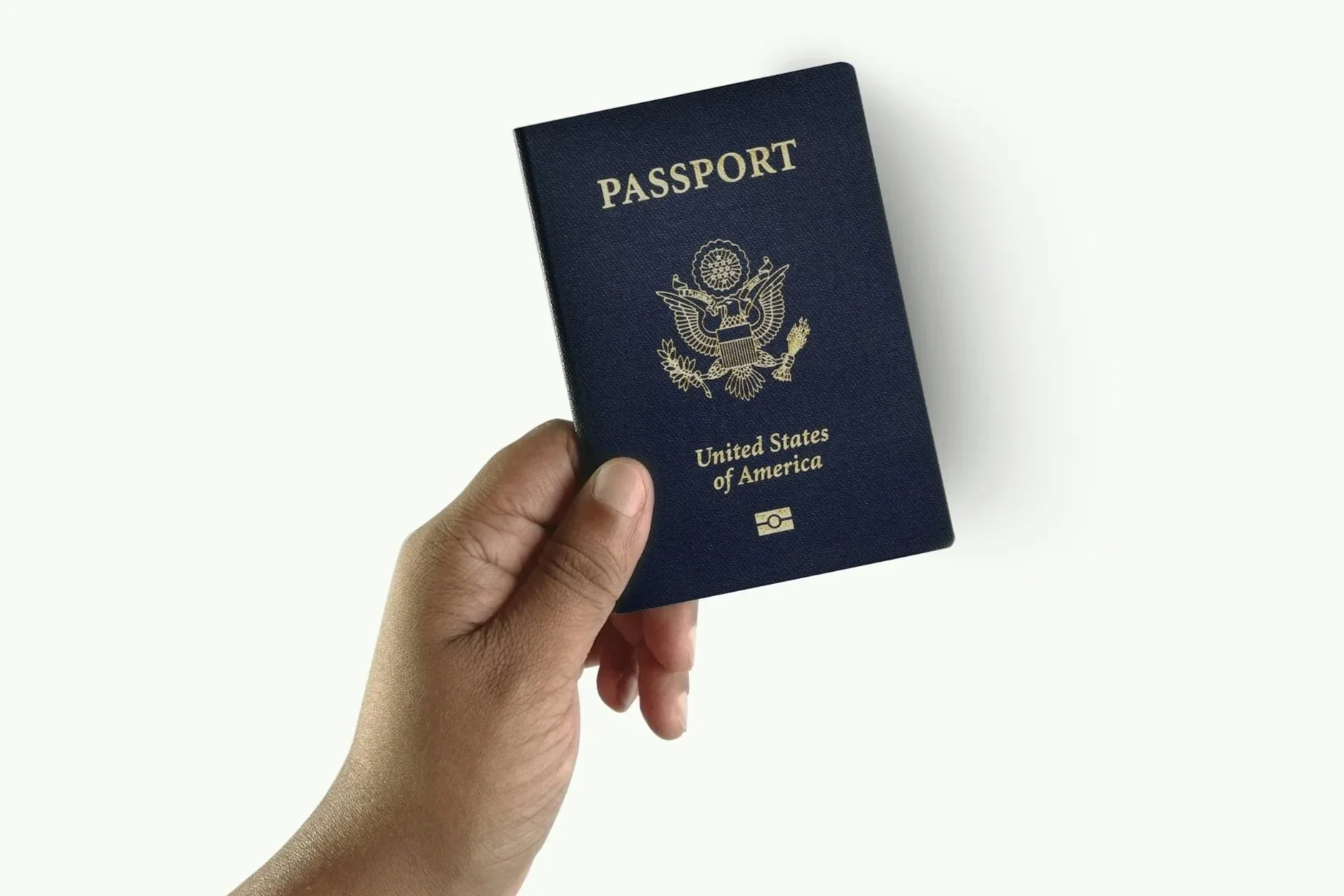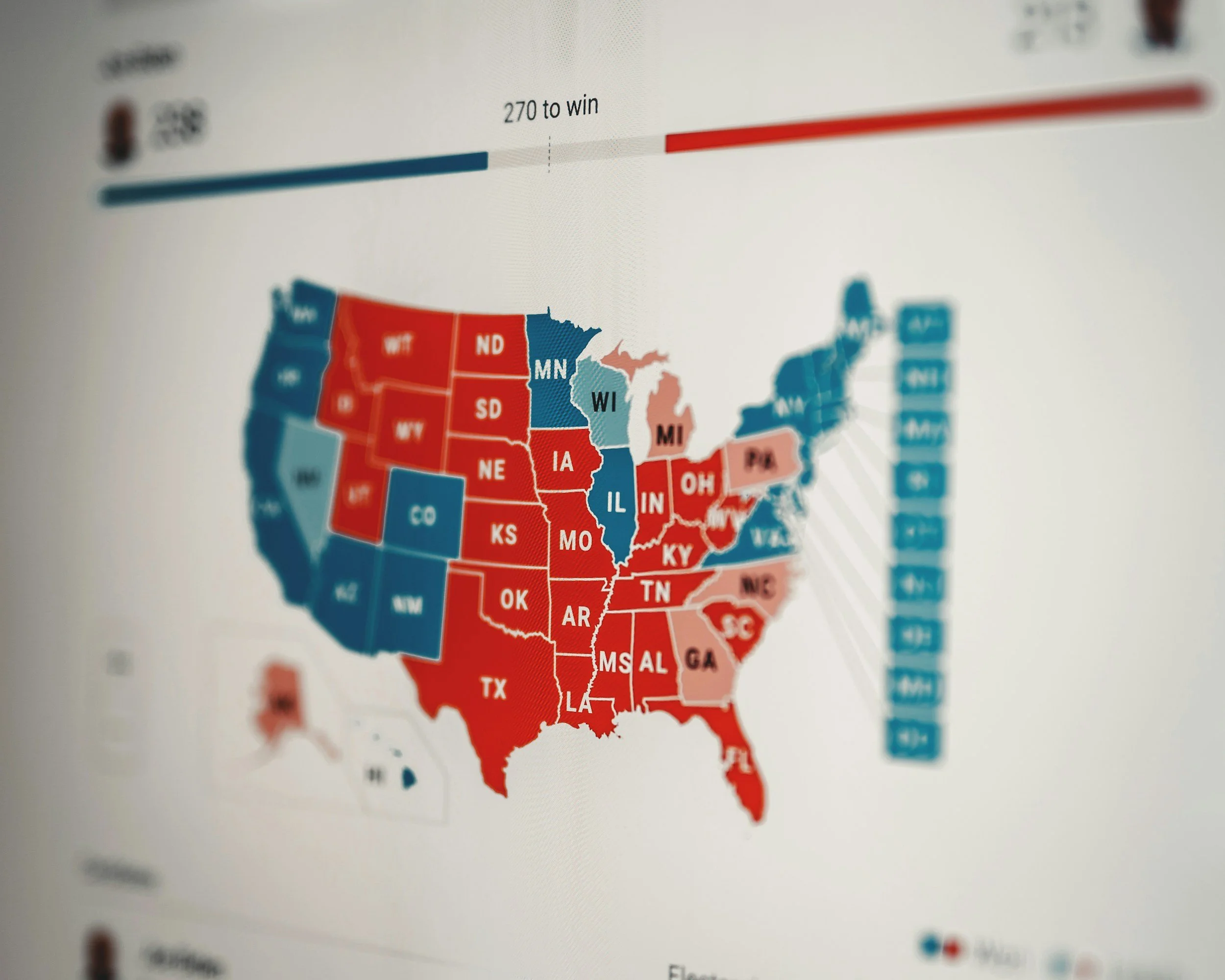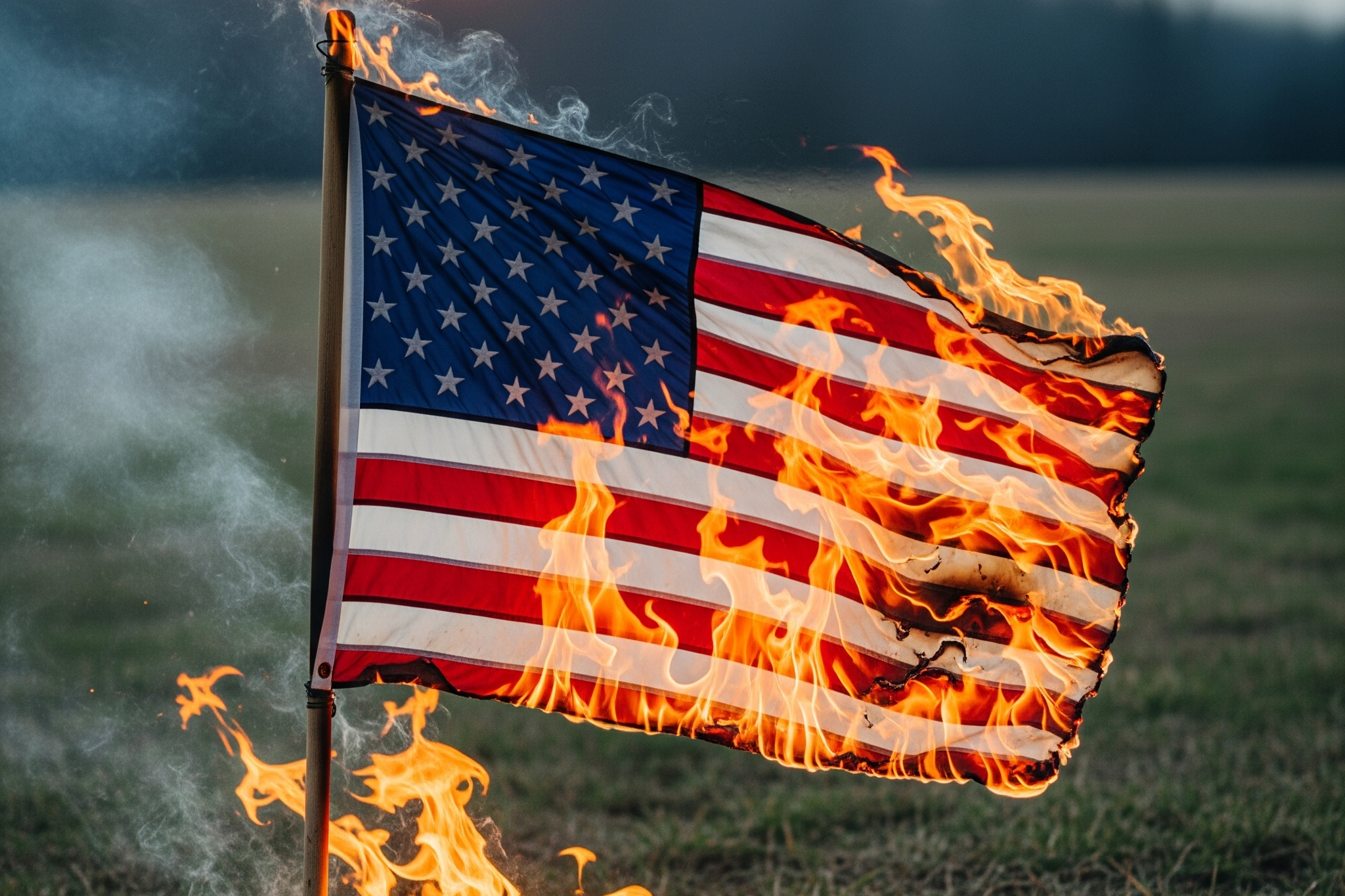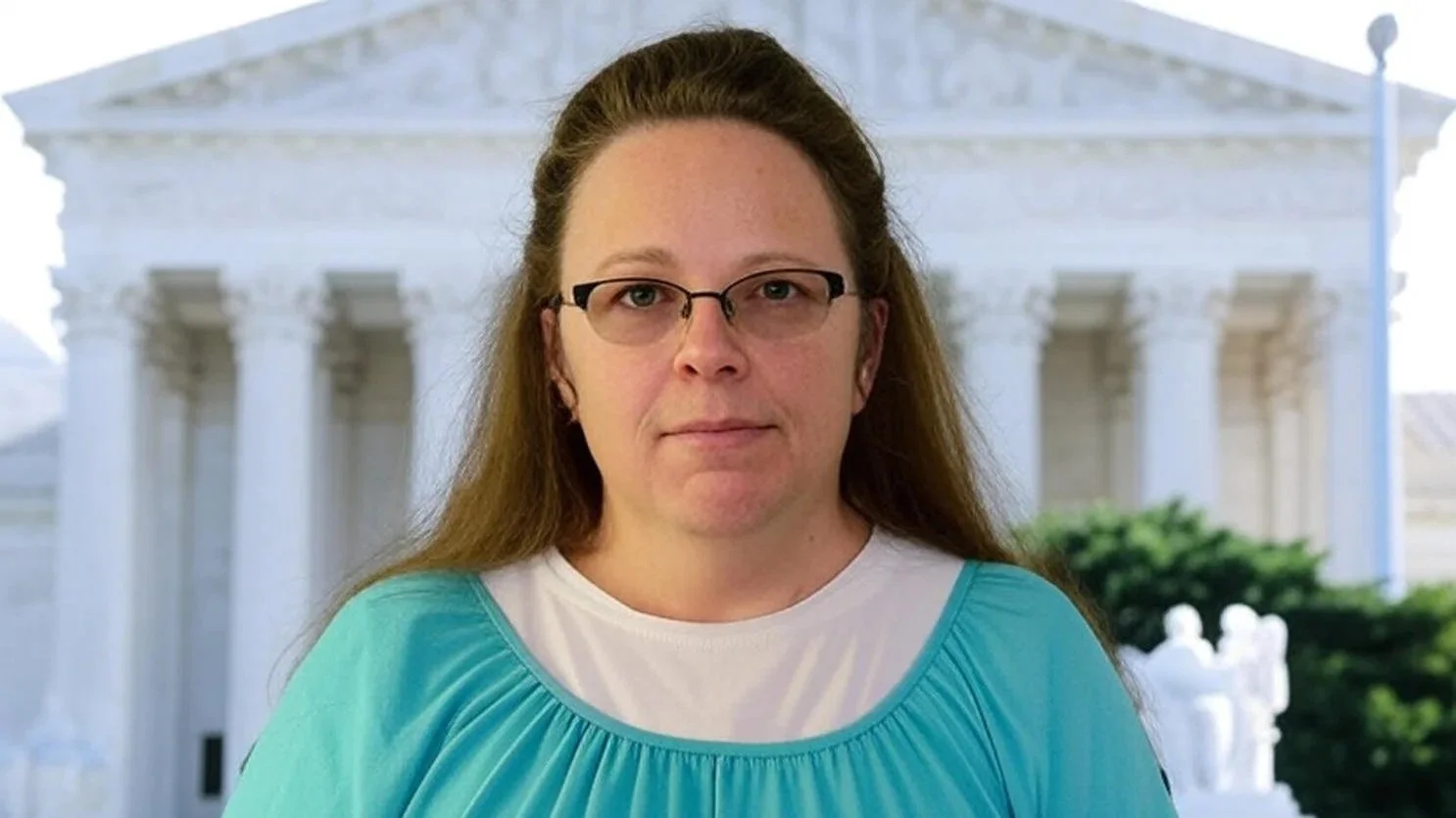Oral Argument Breakdown: Restrictions on Attorney-Client Communications during Overnight Recess
In Villarreal v. Texas, the Court addressed whether a trial judge's order prohibiting a defendant from discussing his ongoing testimony with counsel during an overnight recess violates the Sixth Amendment right to counsel.
The petitioner argues for unrestricted discussions, while Texas and the U.S. advocate qualified limits to prevent "coaching." Justices' questions highlighted tensions between defendant rights and trial integrity, with no clear consensus but a tilt toward permitting narrow restrictions.
Background
David Asa Villarreal was charged with murder in Bexar County, Texas, after fatally shooting his boyfriend, claiming self-defense. During Villarreal's direct testimony, shortly before a planned overnight recess, the trial judge issued an unprompted order: counsel could confer on "anything else" but not "manage" or discuss the defendant's testimony, akin to what couldn't be discussed on the stand before the jury. Villarreal was convicted and sentenced to life. Texas appellate courts upheld the conviction, interpreting the order as allowing strategy discussions but barring testimony management. The Supreme Court granted certiorari to resolve circuit splits on such orders, building on precedents like Geders v. United States (1976, barring total no-contact overnight) and Perry v. Leeke (1989, allowing qualified limits for short breaks).
Parties Involved
Petitioner: David Asa Villarreal – Represented by Stuart Banner (UCLA School of Law Supreme Court Clinic). Villarreal seeks reversal, arguing the order chilled essential counsel assistance.
Respondent: State of Texas – Represented by Andrew N. Warthen (Bexar County Assistant Criminal District Attorney). Texas defends the order as a permissible qualified restriction on "managing" testimony.
Amicus Curiae: United States (supporting Texas) – Represented by Kevin J. Barber (DOJ). The U.S. urges a broader rule: no right to discuss testimony midstream at all.
Stakes and Ramifications
Villarreal wants the Court to mandate unrestricted overnight discussions, ensuring defendants receive full counsel assistance without vague lines chilling advice. Texas seeks affirmation of qualified orders prohibiting "management" (e.g., rehearsing answers or adjusting delivery), allowing incidental talks tied to strategy (e.g., pleas or perjury implications). The U.S. pushes for total testimony bans during breaks.
If Villarreal wins, it could invalidate similar orders nationwide, enhancing defendant rights but potentially enabling "coaching" that undermines cross-examination. Prosecutors argue this favors defendants with well-timed recesses, creating unequal trials. If Texas prevails, judges gain flexibility to tailor orders, but defense attorneys risk contempt for ambiguous violations, possibly leading to ethical dilemmas (e.g., inadequate plea advice). A U.S.-style broad rule might simplify enforcement but encroach on Sixth Amendment access, risking overreach in non-coaching scenarios.
Ramifications extend to trial management: broader bans could standardize practices but invite challenges over "incidental" discussions; narrower ones preserve federalism but invite inconsistency across jurisdictions.
Comprehensive Survey of Villarreal v. Texas
The October 6, 2025, oral argument in Villarreal v. Texas grappled with the Sixth Amendment's boundaries during trial recesses, building on a case rooted in a Texas murder trial. This section provides an in-depth analysis, drawing from the full transcript, case history, and precedents. It expands on the direct answer above, incorporating chronological events, argument details, and potential outcomes.
Case Facts and Procedural History
Villarreal, charged with murdering his boyfriend in self-defense, testified on direct examination. As the day ended, the judge ordered: no discussion of testimony or "management" thereof overnight, limiting talks to what couldn't occur on the stand. Villarreal's counsel confirmed understanding, proceeding without objection post-recess. Convicted, Villarreal appealed, arguing a Sixth Amendment violation. The San Antonio Court of Appeals affirmed 2-1, noting lower-court confusion. The Texas Court of Criminal Appeals upheld, distinguishing between protected strategy and unprotected testimony discussions. SCOTUS granted cert on April 7, 2025, to clarify amid splits (e.g., federal circuits allow full discussions; some states restrict).
Precedents loomed large:
Geders v. United States (1976): Total no-contact overnight violates Sixth Amendment, as recesses are for "intense strategizing."
Perry v. Leeke (1989): Qualified limits during short breaks (e.g., 15 minutes) are constitutional, prioritizing "untainted cross-examination." Perry noted overnight differs, allowing testimony "consideration" incidental to strategy.
Oral Argument: Key Exchanges
The 79-minute argument featured vigorous questioning, revealing justices' priorities: liberals emphasized assistance ethics; conservatives history and workability.
Petitioner's Argument (Stuart Banner): Banner urged reversal under any standard, arguing the order chilled essential discussions (e.g., pleas, perjury prevention). He rejected testimony-strategy lines as "Rorschach blots," citing Perry's "unrestricted" overnight access. Banner conceded brief daytime bans but insisted overnight allows full testimony talks.
Thomas: Pressed on order's wording (no discussions like on-stand); Banner clarified it barred all testimony talks.
Roberts: Questioned cross-examination's privilege implications; Banner cited Geders' endorsement.
Jackson: Challenged time-based lines; Banner defended Perry's distinction, emphasizing logistics.
Kagan: Cited Perry p. 284's testimony-strategy line; Banner disagreed, calling it illusory.
Gorsuch: Sought historical basis; Banner noted defendants couldn't testify at founding, inferring unrestricted assistance.
Barrett: Probed daytime vs. overnight; Banner affirmed Perry's logic.
Alito: Hypotheticals on inconsistencies/pleas; Banner allowed corrections if not perjury.
Sotomayor: Listed incidental effects; Banner argued line excludes key prep.
Kavanaugh: Questioned time lines' logic; Banner tied to government burden.
Respondent's Argument (Andrew N. Warthen): Warthen defended "management" prohibitions (e.g., rehearsing, delivery adjustments), allowing incidental strategy (e.g., pleas without testimony details). He argued Perry endorses qualified orders for integrity.
Thomas: No post-recess objection; Warthen confirmed compliance assumption.
Gorsuch: Order as narrow "no-management"; Warthen agreed, no need for U.S. rule.
Roberts: Fred-mumbling hypothetical; Warthen barred as management.
Kagan: Mumbling/eye contact; Warthen prohibited as presentation coaching.
Kavanaugh: Instruction formulation; Warthen suggested self-reflection on direct vs. derivative.
Jackson: Workability vs. U.S.; Warthen noted flexibility maximizes conferral.
Sotomayor: Perjury/plea ethics; Warthen allowed consequences but not "why bad."
Barrett: Instruction barring content/manner but allowing consequences; Warthen agreed.
Alito: Perjury clean-up; Warthen allowed investigation/remonstration, not strategizing.
Kagan: Plea "why" details; Warthen barred to prevent work-arounds.
Amicus U.S. Argument (Kevin J. Barber): Barber advocated no midstream testimony discussions, like sequestered witnesses, for truth-seeking. Broader than Texas, but workable via "irrespective of testimony" test.
Thomas: Discussable matters (e.g., appeals, sentencing); Barber listed non-testimony topics.
Kavanaugh: Why broader? Barber cited clarity, avoiding incidental ambiguities.
Roberts: Tangential relations (pp. 28-29); Barber clarified no testimony itself.
Barrett: Downstream effects (e.g., witnesses); Barber barred prophylactically.
Sotomayor: Extremes (e.g., address without testimony); Barber allowed if unrelated.
Jackson: Encroachment on strategy; Barber tied to Perry's line.
Kavanaugh: Originalism; Barber rooted in retained counsel, subject to limits.
Rebuttal (Banner, 2 minutes): Banner reiterated reversal under Texas's standard due to misinterpretation; unworkable lines; and majority rule favoring full discussions.
Justices' Leanings
Questions revealed divides:
Liberals (Sotomayor, Kagan, Jackson): Skeptical of broad bans, emphasizing ethical duties (e.g., perjury/plea advice) and workability. Jackson pushed narrow tailoring; Sotomayor ethics; Kagan Perry's line. Leaned toward petitioner or Texas's nuance.
Conservatives (Thomas, Alito, Gorsuch): Focused on history, precedent, and anti-coaching. Thomas on record; Alito hypotheticals; Gorsuch history/unconstitutional conditions. Leaned respondent/U.S.
Roberts/Barrett/Kavanaugh: Pragmatic on lines/time. Roberts privilege/ethics; Barrett instructions; Kavanaugh logic/originalism. Mixed, potentially narrow affirmance.
| Justice | Key Focus | Apparent Lean |
|---|---|---|
| Thomas | Record, coaching standards | Respondent (skeptical of broadening claim) |
| Alito | Hypotheticals, inconsistencies | Respondent (inconsistencies in unrestricted access) |
| Sotomayor | Ethics, perjury/plea duties | Petitioner/Texas nuance (concern for overreach) |
| Kagan | Perry's line, workability | Petitioner (skeptical of broad bans) |
| Gorsuch | History, unconstitutional conditions | Respondent (tradition supports limits) |
| Kavanaugh | Logic/time lines, originalism | Mixed (skeptical of Perry-Geders framework) |
| Barrett | Instructions, downstream effects | Mixed (open to nuanced rules) |
| Roberts | Privilege, practical enforcement | Mixed (concern for ethics/practicality) |
| Jackson | Narrow tailoring, management rights | Petitioner (questions fortuity/encroachment) |
Ramifications in Depth
A petitioner win reinforces Geders' unrestricted overnight access, prioritizing assistance but risking "coaching" perceptions. It could standardize practices, aiding defense in multi-day testimonies, but prosecutors fear manipulated recesses.
Texas win allows "management" bans, balancing integrity/assistance via incidental discussions. However, ambiguity might chill counsel, leading to ineffective assistance claims or contempt fears. Ethical bodies (e.g., ABA) could face scrutiny if duties conflict with orders.
U.S. win imposes broad bans, simplifying enforcement but potentially violating Geders by truncating strategy intertwined with testimony. This might invite challenges in cases needing "incidental" talks, eroding Sixth Amendment protections.
Broader impacts: Federalism preserved under Texas (states tailor orders); eroded under U.S. (uniform ban). Trial efficiency could improve with fewer disputes, but appeals rise over order interpretations. For defendants, especially unsophisticated ones, restricted advice heightens conviction risks.
















In a significant policy shift, federal prosecutors in the District of Columbia have been directed to stop bringing felony charges against individuals solely for carrying rifles or shotguns. The new directive, confirmed by U.S. Attorney for D.C. Jeanine Pirro, stems from a Justice Department determination that the city's longstanding ban on the public carry of long guns is unconstitutional in light of recent Supreme Court precedent.